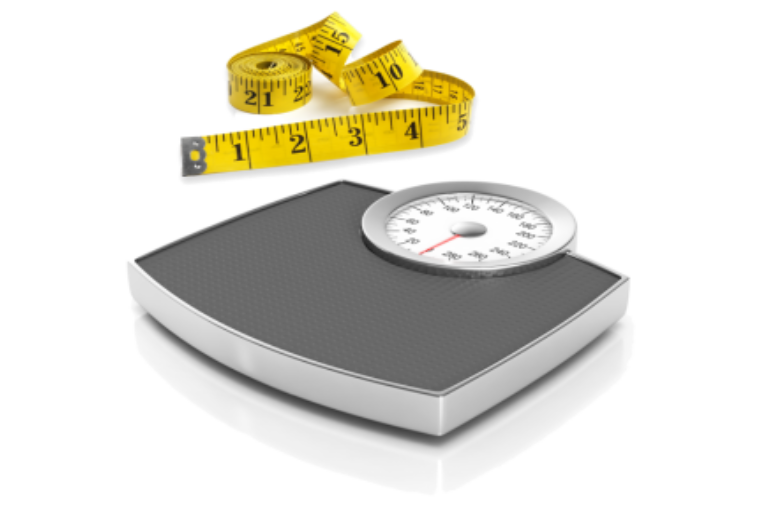How to reach a healthy weight after cancer treatment

Weight change is one systemic reaction that occurs with all types of cancer. People tend to eat according to their emotions, so excess nutritional needs are met and end up in obesity, which increases the risk of getting 13 types of cancer. Patients recovering from cancer must ensure to maintain their body weight to prevent the recurrence of the disease. Cancer treatments such as chemotherapy, radiation therapy, and surgery do affect nutritional needs and reduce the intake of food due to nausea, ending up in weight loss. Side effects of the treatment sometimes increase appetite, fatigue, and edema, trigger food cravings, and lowers the metabolism that ends up in weight gain.
Are you confused about which weight is unhealthy?
Anything apart from your ideal weight is unhealthy and compromising your diet can result in malnourishment. The body requires extra calories and protein to repair and rejuvenate itself. The body consumes only the essential calories and proteins and the remaining biomolecules get deposited as fat. To reduce the fat content in the body, one must focus on physical activities like yoga, aerobics, and a mild regular walk along with a nutritious diet.
Cancer cachexia – Unintentional weight loss
Have you ever felt weight loss irrespective of following a proper diet? This is known as Cancer cachexia.
Cancer patients experience cancer cachexia which is caused due to the side effects of the ailment and its treatment.
How do I overcome weight loss?
Here are 10 important points to overcome weight loss :
- Depend on nutrient-dense foods such as fresh fruits and vegetables, whole grains and millets, dairy products, eggs, poultry, and fish rather than refined foods.
- Take milkshakes added with nuts and fruits in it at least once a day.
- Add enough dhal and lentils to all your meals.
- Consume more multigrain drinks.
- Scrambled egg whites 2-3 per day, with yolk, if advised by your dietitian.
- Keep feeding yourself every 2.5 hours. Frequent small meals will provide your body with sufficient energy for the cells to repair and rejuvenate.
- If you are facing problems regarding the intake of food, consuming ginger, ajwain infused water with honey helps improve the appetite and intake of food.
- Always stay hydrated.
- Being physically active increases metabolism and increases your appetite to eat better.
- Consume extra protein in the form of whey protein supplements with the guidance of a dietitian to prevent weight loss.
Which whey protein supplement is right for you?
There are a large variety of these supplements available on the market, but the right one for you must be chosen only by your dietitian. Few are specialized for liver patients and a few for renal patients, a few for patients facing vigorous weight loss, and a few for gastrointestinal symptoms. Not all supplements are the same. Only your dietitian can calculate your calorie protein needs and find the right protein supplement for you and recommend its dosage and duration. This help improves the nutritional status and immune status of cancer patients.
Is it ok to check weight daily? When to consult a dietitian?
It is not necessary to check your weight all time, you can check your weight monthly and record it.
Please note : Consult a dietitian when you lose more than 5% of your weight in 6 months
Conclusion
Prefer proteinaceous food instead of fatty foods for healthy weight gain and prefer to be physically fit over starving for healthy weight loss. Maintaining a healthy weight is as important as fighting over the ailment because when you choose to maintain a healthy weight you also choose to prevent or fight yourself from other comorbidities.


 Kindly fill the form below to download our Liquid Biopsy Portfolio brochure :
Kindly fill the form below to download our Liquid Biopsy Portfolio brochure :